
Family heritage is often celebrated in traditions, recipes, and stories, but in some places, it goes much further. Certain countries value ancestral ties so deeply that they extend legal recognition to descendants across borders. Read ahead to discover 10 nations that approve nationality based on family heritage.
Italy
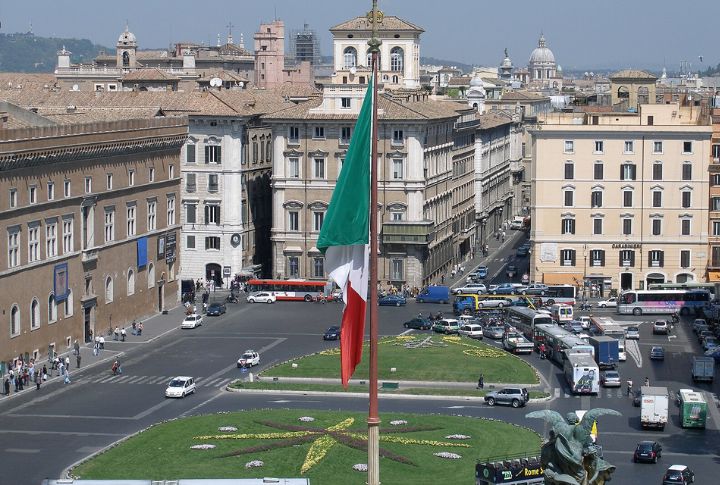
Italy’s ancestry laws come with layers of history and precision. To qualify, you must show that your parent or grandparent never took on another citizenship and that the family line continued only after the 1861 unification. Before 1948, only men could pass it on. Consulates require every certificate imaginable.
Ireland
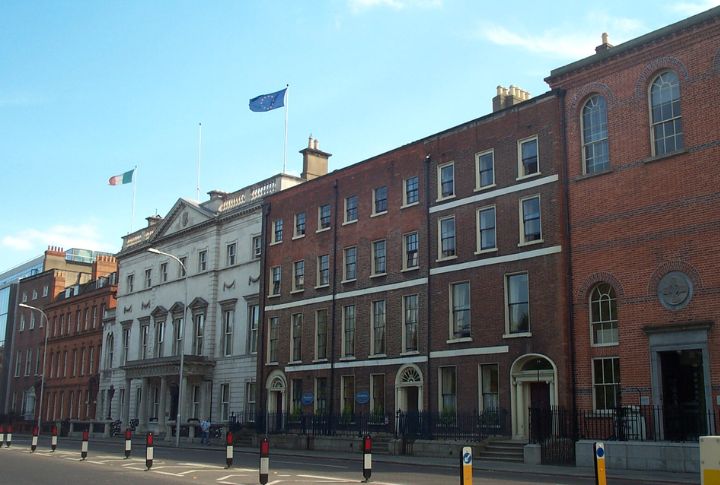
In Ireland, family heritage can quite literally open the future. Citizenship may be claimed through a grandparent, but only if the Foreign Births Register was signed before birth. The application, often completed within a year, flows easily. With millions abroad carrying Irish roots, nationality becomes a national pride.
Germany
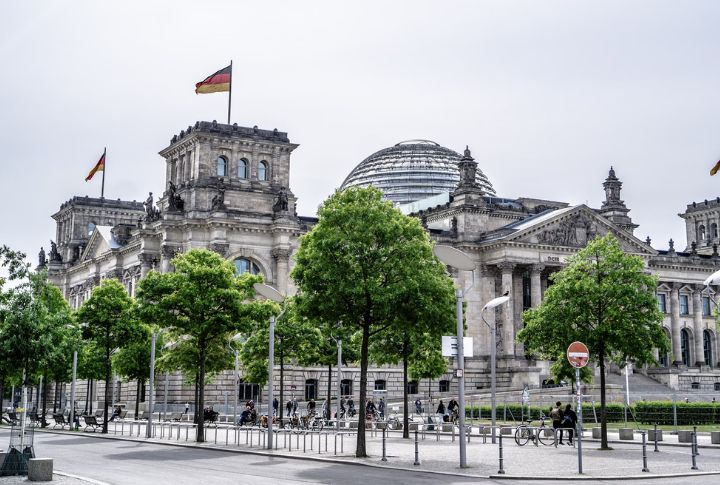
Germany’s citizenship law reflects its complex history. Until 1975, only fathers could transmit nationality, and reforms later expanded rights. Article 116 of the German Basic Law restores citizenship to descendants of Nazi-era victims. Although generally limited to one generation, certain exceptions apply, leaving many surprised when retroactive restoration becomes legally possible.
Poland
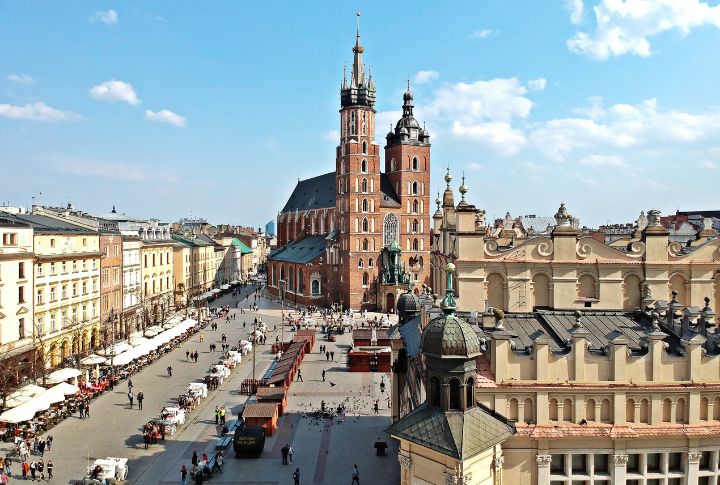
Poland prizes legal continuity more than folklore. Citizenship requires proof that ancestors never renounced their ties, particularly after 1920. There’s no generational ceiling, but archives and registries must back every claim. Because shifting borders defined Polish history, context becomes critical. Ultimately, documents determine who qualifies for nationality.
Hungary
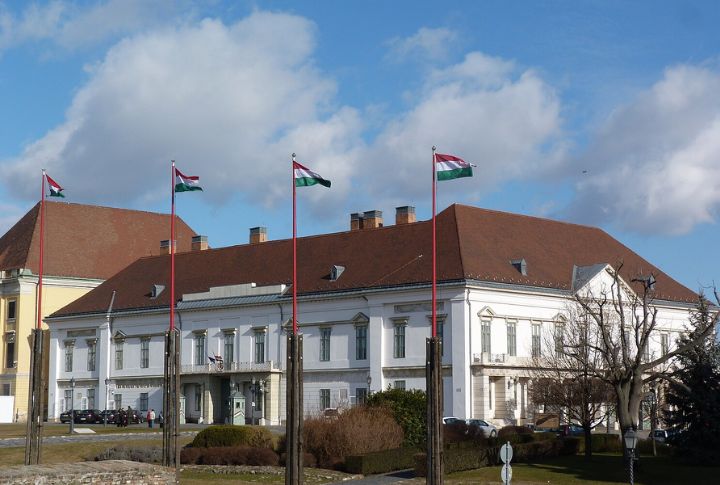
Tracing Hungarian heritage can extend to parents, grandparents, or even great-grandparents. Since 2011, ethnic Hungarians in neighboring nations have had an easier path. Applicants must show ancestry and basic language skills, but living in Hungary or renouncing current citizenship isn’t required.
Portugal
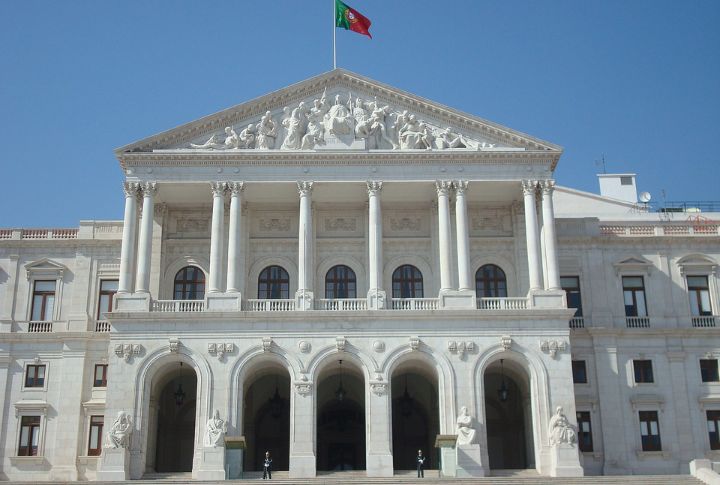
Portugal values heritage alongside cultural connection. Applicants claiming through a grandparent must demonstrate ties, perhaps by speaking Portuguese or joining community life. In 2020, reforms simplified requirements. Unlike elsewhere, Portugal accepts multiple nationalities, so the journey feels both practical and enriching for anyone reclaiming their identity.
Greece

Greek citizenship can surprise families with its details. Rights rely on a parent’s status at birth, and ancestors must appear in the municipal registry known as dimotologio. Descent through both mothers and fathers is recognized. However, Men between 19 and 45 may be required to complete military service, and anyone who has previously renounced Greek citizenship cannot claim it.
Croatia
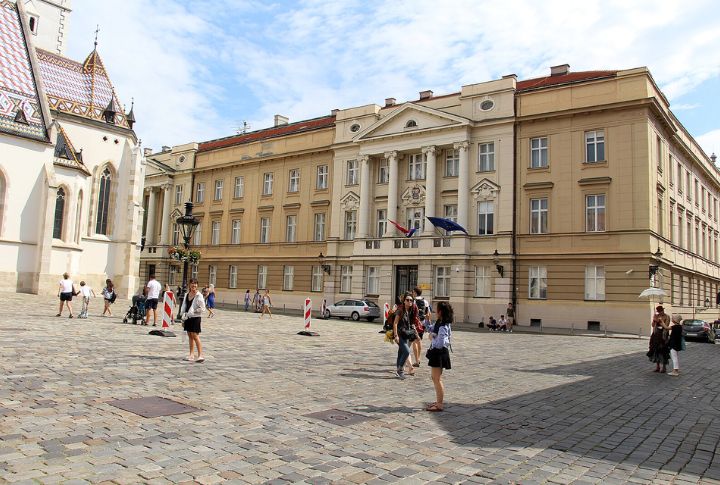
Reclaiming ties in Croatia brings encouragement to families abroad. Nationality can pass from parents, grandparents, or even great-grandparents, and ethnic Croats gain preference regardless of official status. Post-Yugoslav reforms eased applications for the descendants of emigrants.
Israel
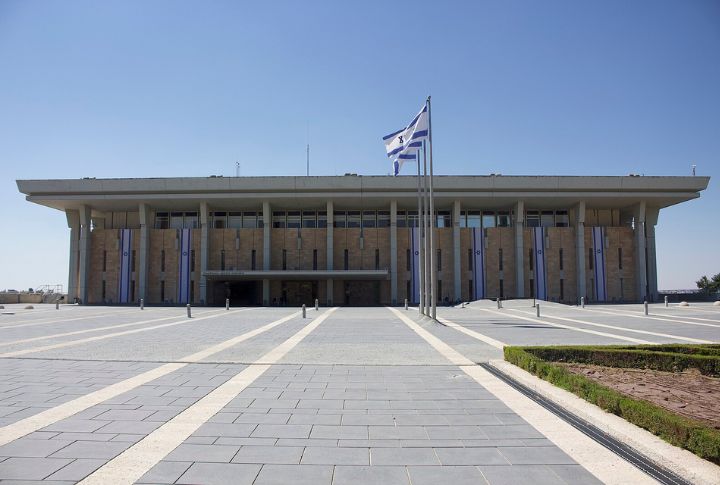
Citizenship in Israel begins with the Law of Return, which embraces every Jewish person, including converts. Proof through recognized institutions matters because the law rests on identity rather than simple lineage. Upon arrival, registration is automatic, though it can be delayed. Children and grandchildren of Jewish individuals also share eligibility.
South Africa
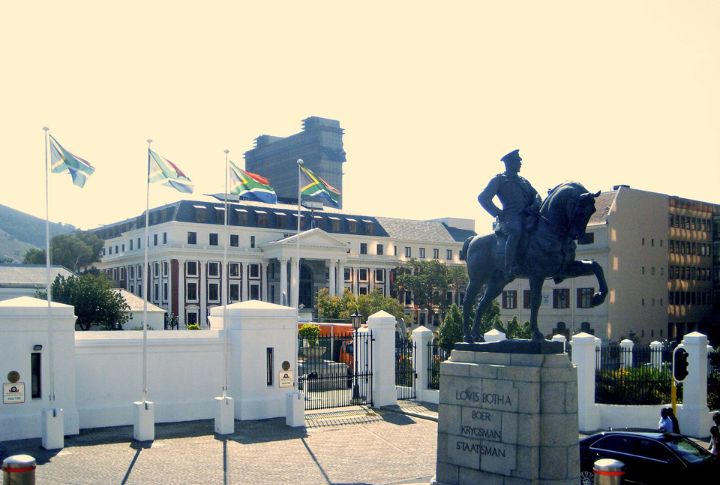
In South Africa, citizenship by descent ties directly to parents, provided the birth was registered locally or through a mission abroad. After 1995, laws changed to reflect equality under the new constitution, and dual nationality requires formal retention. Descendants of emigrants during apartheid still qualify, yet many confront substantial documentation hurdles.

